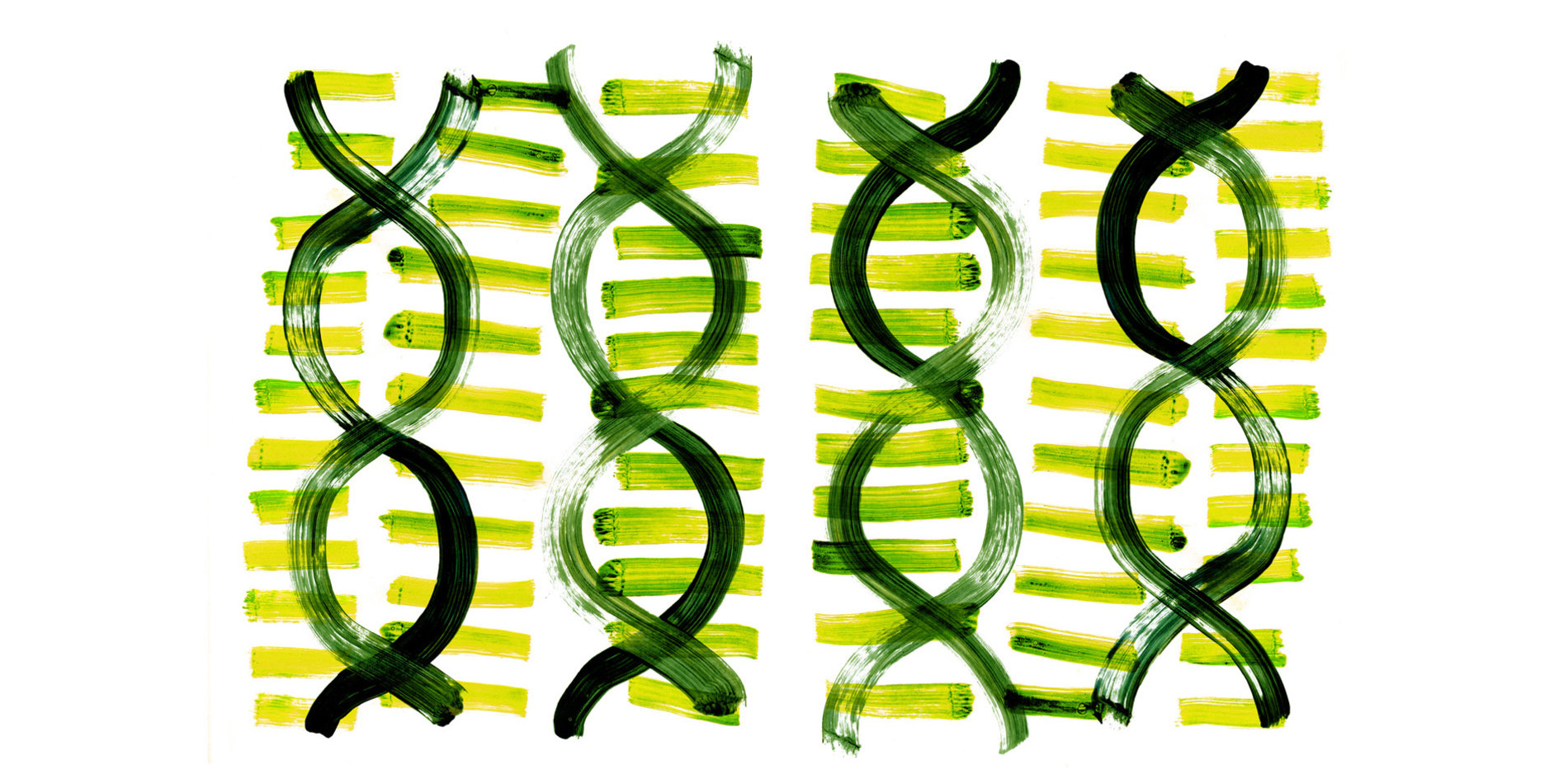Kuang Xu: How to make (and keep) genetic data private
One underappreciated fact about the explosion in genetic databases, like consumer sites that provide information about ancestry and health, is that they unlock valuable insights not only into an individual’s past and future, but also for that individual’s entire family.
This raises serious concerns about privacy for people who have never submitted their genetic information for analysis, yet share much the same code as one who did.
Today’s guest, Kuang Xu, is an expert in how genetic information can and should be used. He says that the DNA problem weighs heavily on privacy experts in fields ranging from law and engineering to public health and criminal justice. The fundamental question is: Can we create methods for accessing genetic data while maximizing the privacy of all involved?
The problems will only grow more intense as time and data accumulate, Xu says, unless we resolve them now, as he explains on this episode of Stanford Engineering’s The Future of Everything podcast with host Russ Altman. Listen and subscribe here.



